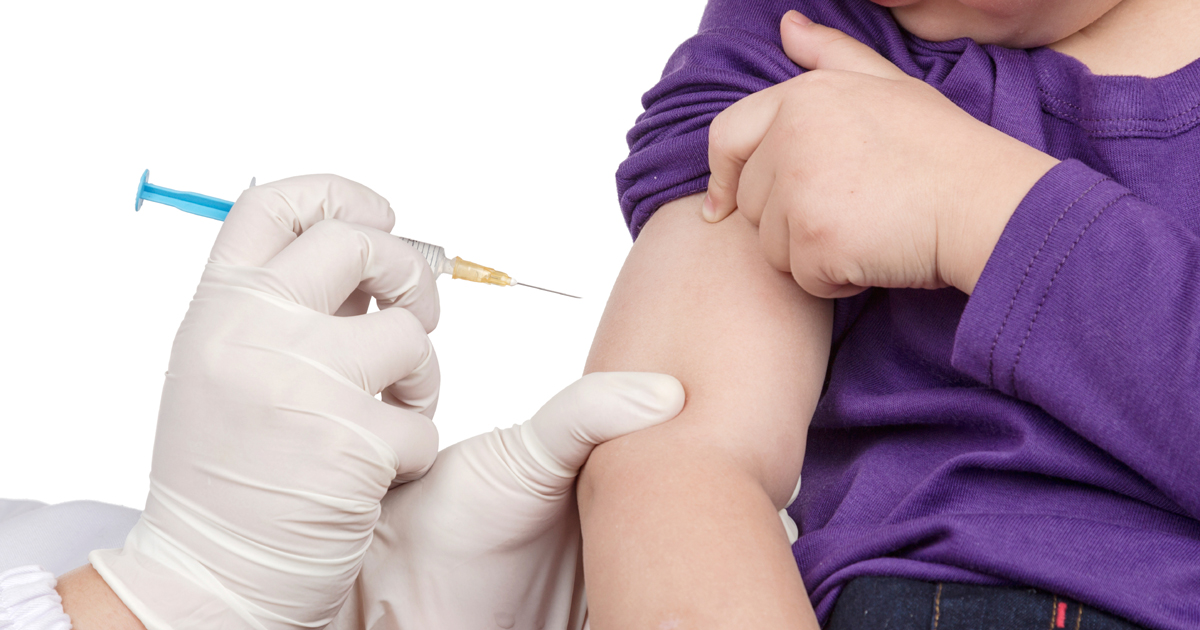Causes, Risk Factors, And Complications Of Measles
Vitamin A Deficiency
In individual who has a vitamin A deficiency is at a higher risk of becoming infected by the measles virus if they are unvaccinated. A lack of vitamin A can come from a diet that doesn’t contain enough of it, or from any one of numerous other diseases that causes an inability to absorb this vitamin from food, including celiac disease, Crohn's disease, cystic fibrosis, bile duct obstruction, giardiasis, and cirrhosis. This type of deficiency commonly occurs in low-income countries where protein-energy malnutrition, intestinal worms, and intestinal infections are prevalent. Vitamin A is important for the body to be able to fight off measles because it plays a critical role in the integrity of the mucosal tissues in the nose, mouth, and other organs in the body. In order for the mucus in the nose, mouth, and intestinal tract to be able to eradicate infections effectively, adequate amounts of vitamin A must be present. Individuals deficient in vitamin A have a lower resistance of their epithelial tissues to foreign pathogens. Because measles is contracted through and colonizes in the mucosal tissues, an individual with an immune weakness in these tissues is more susceptible to contracting the virus.
Get more information on what increases an individual's risk of getting the measles now.
Not Being Vaccinated

The individuals who are at the highest risk of contracting the measles are those who are unvaccinated. If one individual is infected by measles, nine out of every ten individuals who are close to them and are unvaccinated will contract the virus. Prior to the introduction of the measles vaccine, 2.6 million deaths were attributed to the measles each year. Because of how contagious the infection is, receiving one of the two available vaccines is the best way to prevent measles. The MMR vaccine protects individuals from mumps, rubella, and measles. The MMRV vaccine protects individuals from measles, rubella, mumps, and chickenpox. The measles vaccine is typically part of the routine vaccine schedule for children between one and six years old. Usually, the first dose of the vaccine is given between twelve and fifteen months of age. The second dose is given when the child is between four and six. Any unvaccinated adults can also receive the measles vaccine. Various pre-existing factors may make an individual ineligible to receive the vaccine such as autoimmune diseases, cancer, blood disorders, and certain allergies.
Uncover details on complications linked to the measles now.
